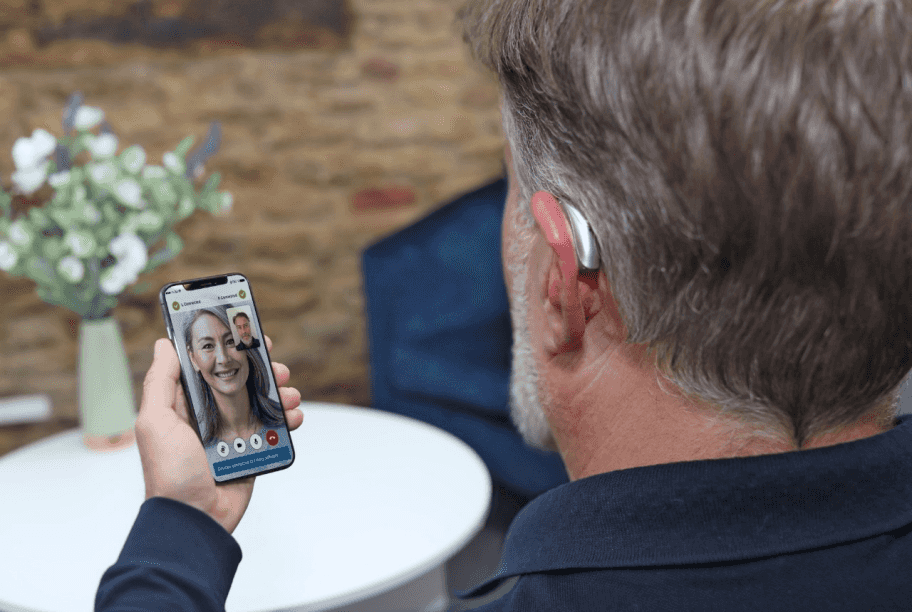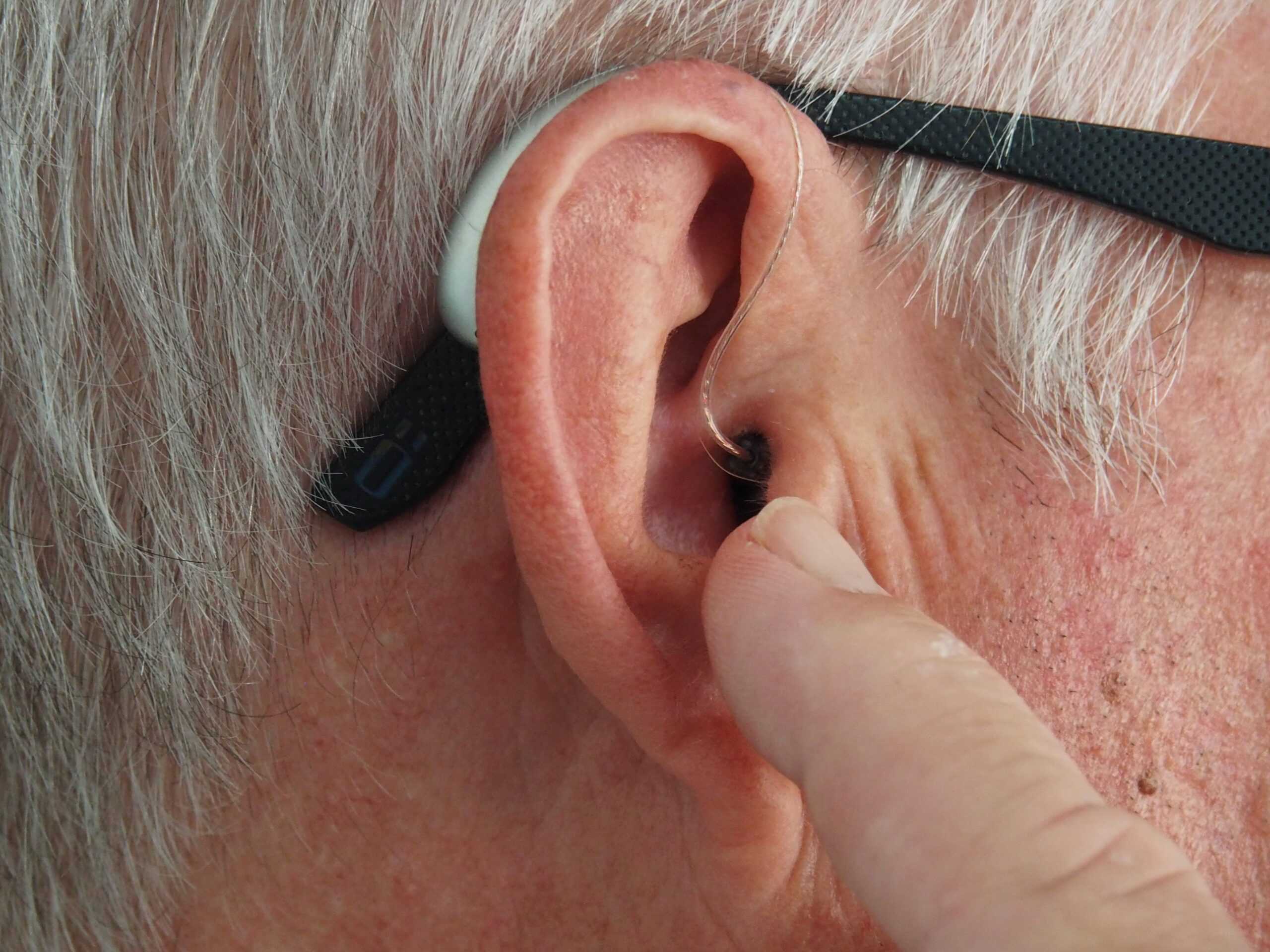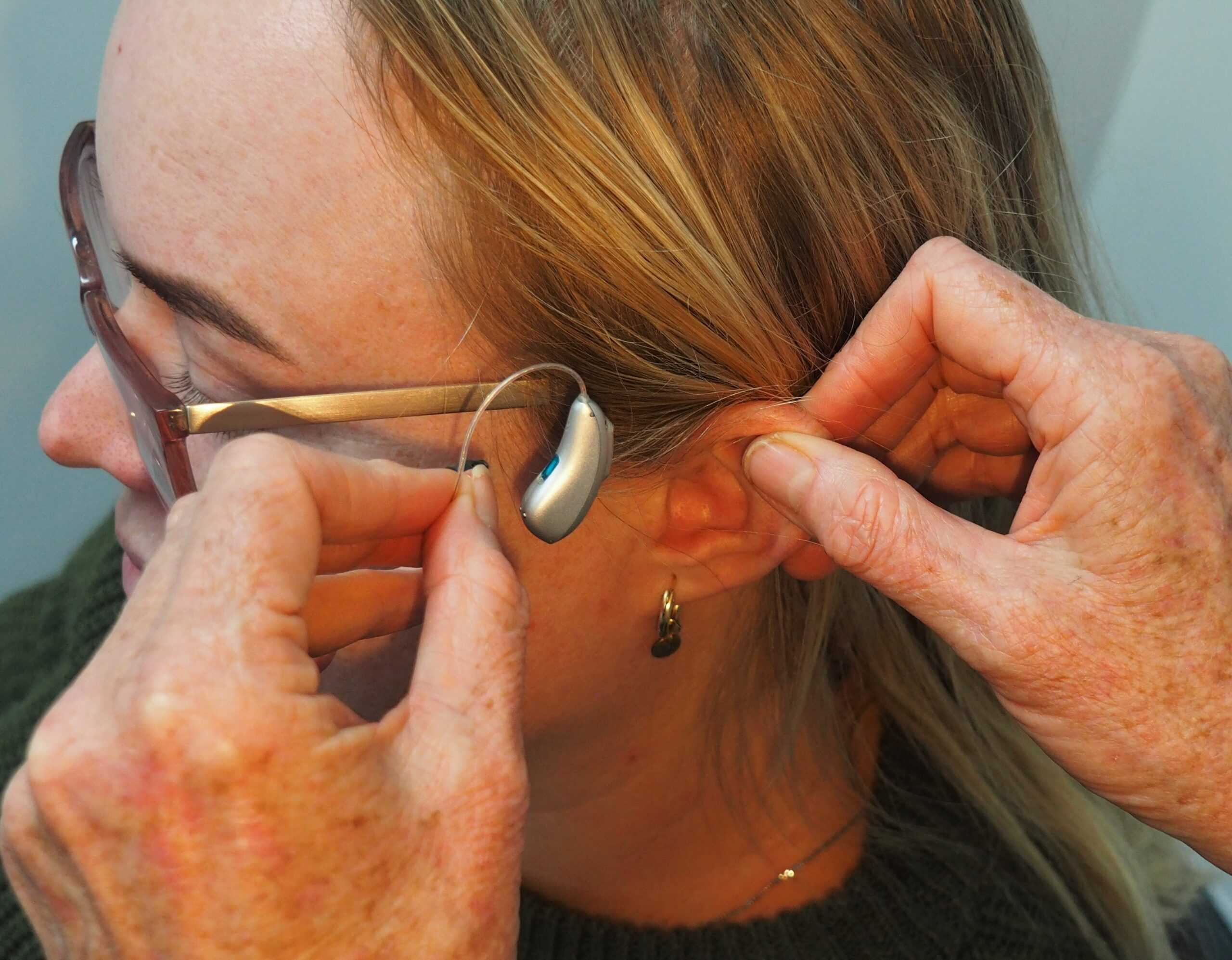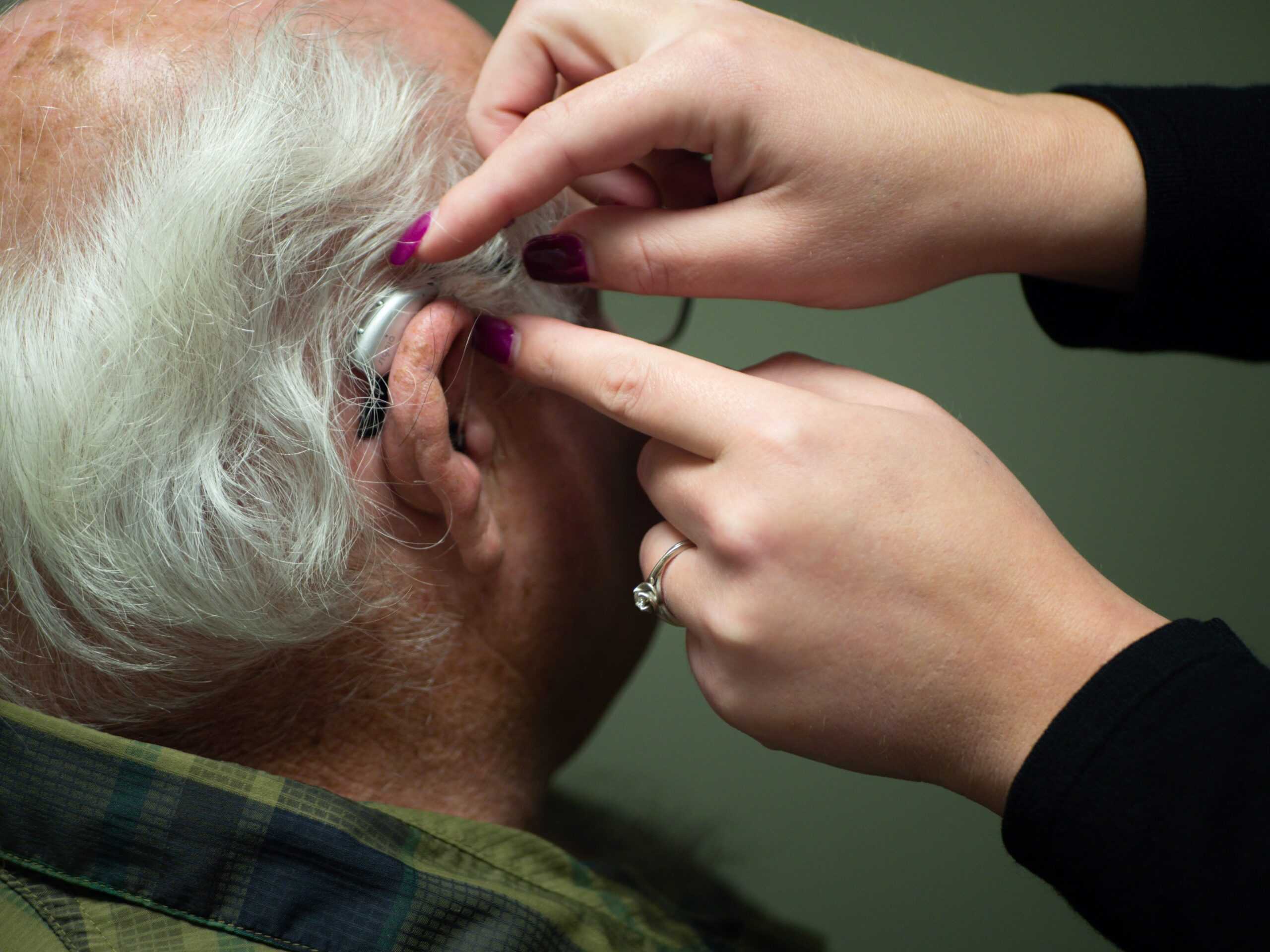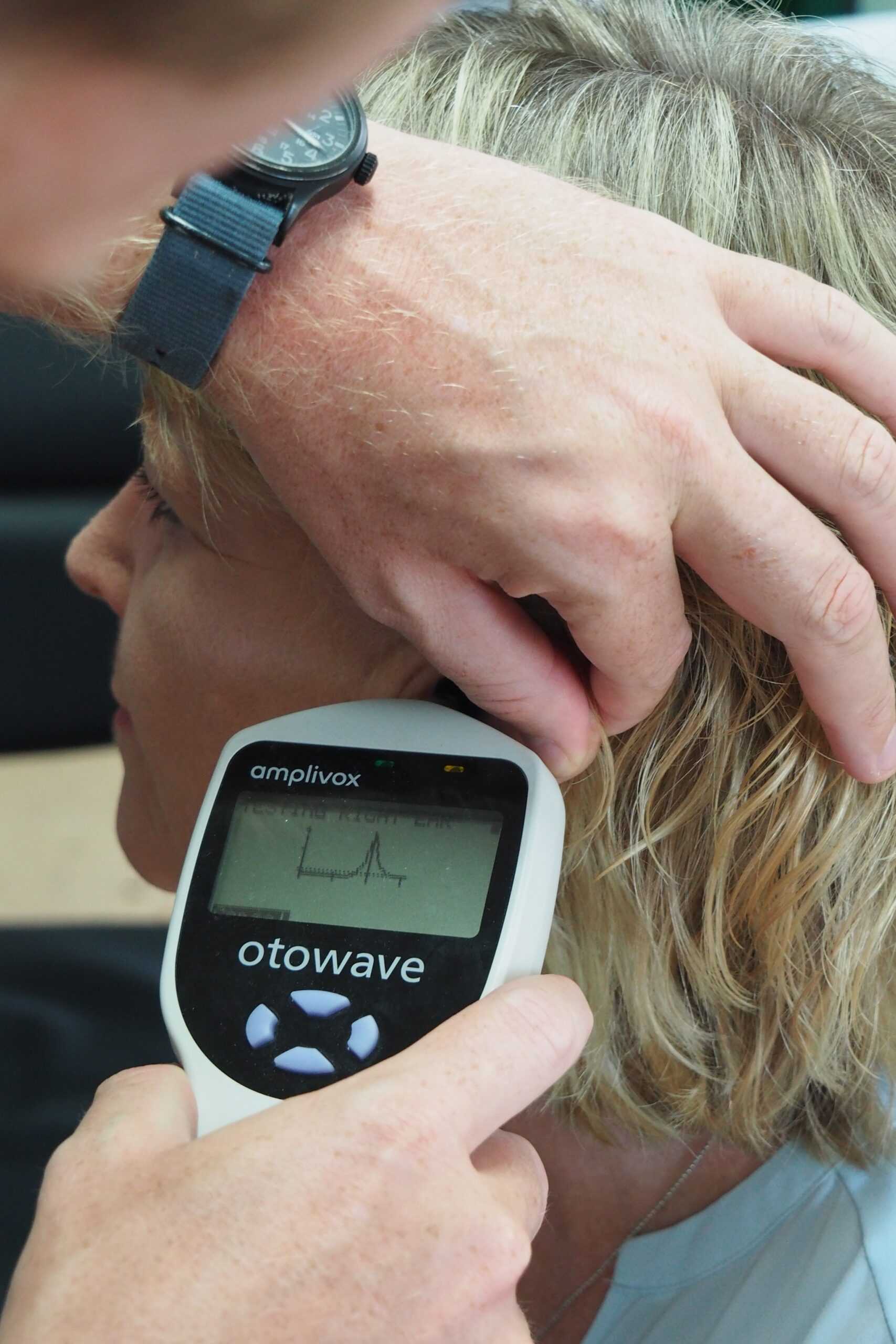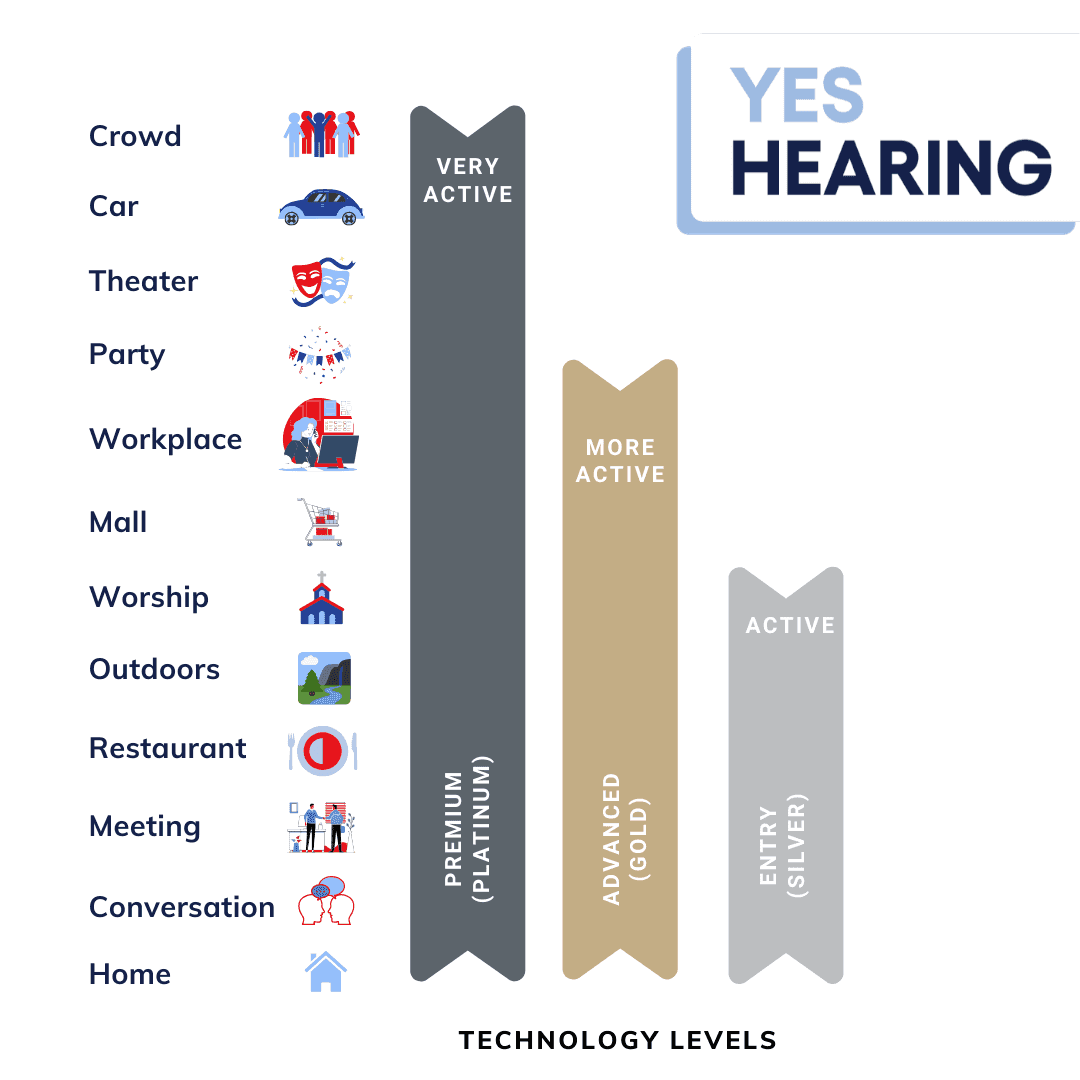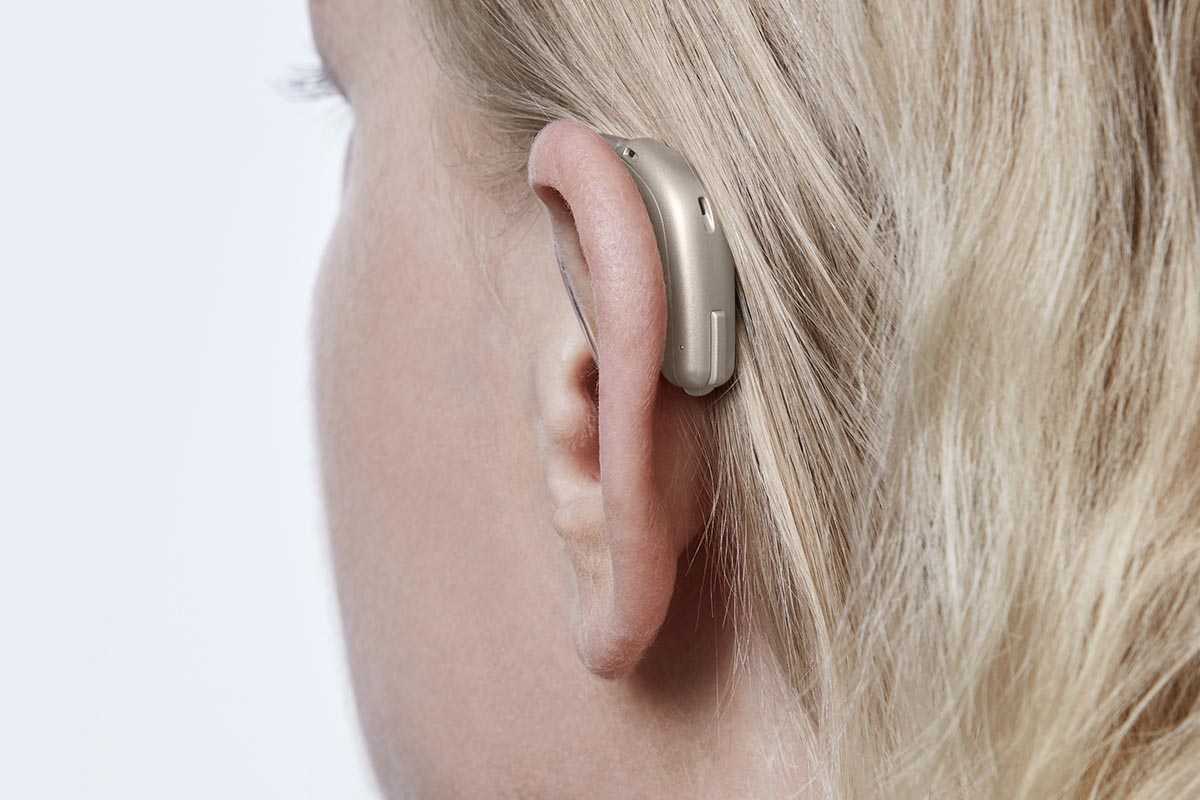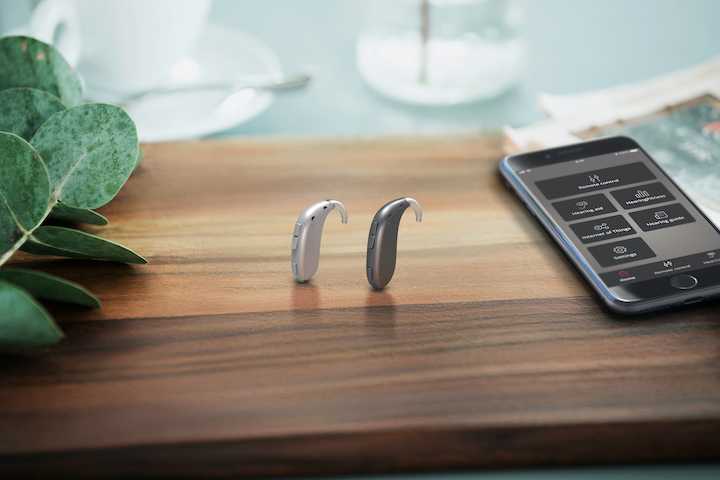Blog
Who Benefits from In-the-Canal (ITC) Hearing Aids?

If you want discreet, reliable sound, then in-the-canal (ITC) hearing aids may be the perfect option. ITC hearing aids are renowned for being inconspicuous. They are specially molded for your ear, creating a snug fit that reduces the chances of feedback and falling out.
In-canal hearing aids are sought-after for being nearly invisible, but their small size may not include some of the most desirable features of another device.
This article investigates what kind of lifestyle and hearing loss ITC hearing aids accommodate supremely. We will consider the pros and cons of these devices so you feel confident in making the wisest decision for yourself or your loved one’s needs.
Who benefits based on severity and type of hearing loss?
ITC and CIC hearing aids suit those with mild to moderate hearing impairment. While their tiny size is a huge benefit, it also means losing the power needed to improve severe hearing loss.
The position that these aids sit in does lend them some additional benefits. You are less likely to experience the occlusion effect when the hearing aid resides in the canal.
The occlusion effect occurs when an object sits outside the channel and causes a hollow or booming echo of your voice. Focusing on conversations can be highly irritating and challenging when this occurs.
Who benefits based on lifestyle and preferences?
In the canal hearing aids are easy to use and provide ultimate comfort. The customized fit is tight so the wind won’t obstruct your hearing. The fit makes it ideal for outdoor enthusiasts and athletes, including golfers, runners, bikers, and fishermen.
CIC hearing aids are nearly invisible, allowing you to speak with clients seamlessly. They can be customized to your skin or even hair color, masking it further. Its disguised nature is alluring to socialites or anyone in the professional field who wishes to hide their hearing aid.
Canal devices are excellent if you or your loved one is frequently on their phone. Since nothing is outside the ear, you can talk all day on your mobile without placing the phone at an angle. You will be able to press it to your ear with comfort. It’s also compatible with over-the-ear earphones, so you can still listen to music, videos, and podcasts privately.
The in-canal position is also fantastic for anyone with glasses or an oxygen tube. No finicky positioning is necessary, allowing you to forget you even have it in.
Who shouldn’t use in-the-canal hearing aids?
Consider an alternative if you have dexterity problems or vision impairments.
It’s critical to be aware of the drawbacks — the size of the hearing aid is the first bittersweet aspect. The small dimensions make cleaning and getting out of the canal more complex than other styles.
The battery is more compact, leading to frequent recharging and battery replacement. It is easy to fumble while changing the battery, causing damage from dropping.
The breadth also means advanced features may be absent. In many cases, they are not powerful enough for severe hearing loss and are only suitable for mild to moderate impairment.
This style won’t benefit you if you are prone to earwax buildup or ear infections. The earwax can build up and clog your speaker, so higher maintenance and cleaning are required.
Opt for a more easily adjustable option for children. Since they are customized to fit your ear, kids will grow out of them quickly.
Conclusion
In-the-canal (ITC) hearing aids can be an excellent option for those with mild to moderate hearing impairment who prioritize discretion and comfort. It’s easy to see why they’re so popular.
They offer a customized fit that reduces feedback and prevents falling out, as well as being nearly invisible and compatible with various lifestyles. It’s the smallest and most comfortable option for athletes, professionals, and those with oxygen tubes and glasses.
However, it is important to consider the drawbacks, including the size and potential lack of advanced features, as well as the need for frequent cleaning and maintenance.
Ultimately, it is crucial to consult with a hearing care specialist to determine the smartest hearing aid option for your individual needs and preferences.
Let us help you with the next step. Yes Hearing provides a free hearing consultation to determine the best match for your needs. Say yes to hearing the world’s sounds more vibrantly today!
Subscribe to our mailing list
Be the first to hear about latest news, content, and more by subscribing to our mailing list. Check your inbox for a confirmation email!

